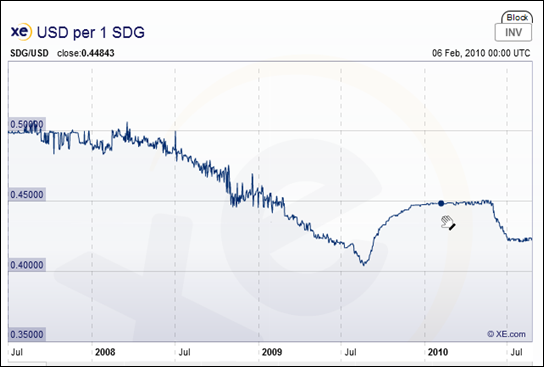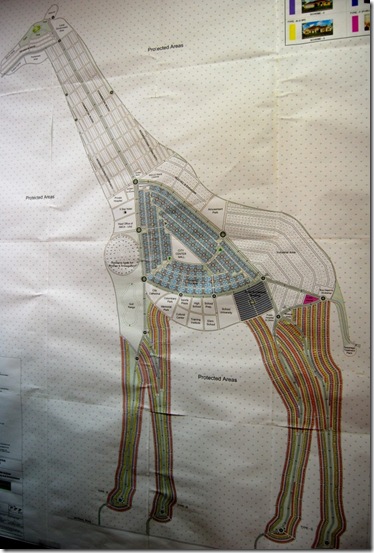A couple of weeks ago I criticised the Guardian for over-hyping some re-thinking of old commitments by the new DFID Minister. The writer either misunderstood what was going on, or was just pushing a partisan anti-tory line. Which is disappointing if it means that the paper which is supposed to represent British progressive internationalist opinion is letting party politics come before analysis, and misses the actually important question of where the detailed alternative proposals are.
Well on Sunday we got a bit more information on the direction we are headed in:
The government is to introduce a wholesale change to Britain's overseas aid budget by demanding that projects in the developing world must make the "maximum possible contribution" to British national security, according to a leaked Whitehall paper.
This is a terrible terrible idea. The last time there was a new Conservative government it abolished DFID altogether and moved it back into the foreign office. This time they promised not to do that because it might look nasty, but this move has the potential to have much the same effect.
And this is all the more depressing when we have a supposedly progressive and internationalist party in the coalition.
Given Vince Cable’s bold and admirable public defence of open immigration,
"It's no great secret that in my department and me personally, we want to see an open economy, and as liberal an immigration policy as it's possible to have."
it is pretty disappointing that the Lib Dems have shown no interest in defending DFID.











